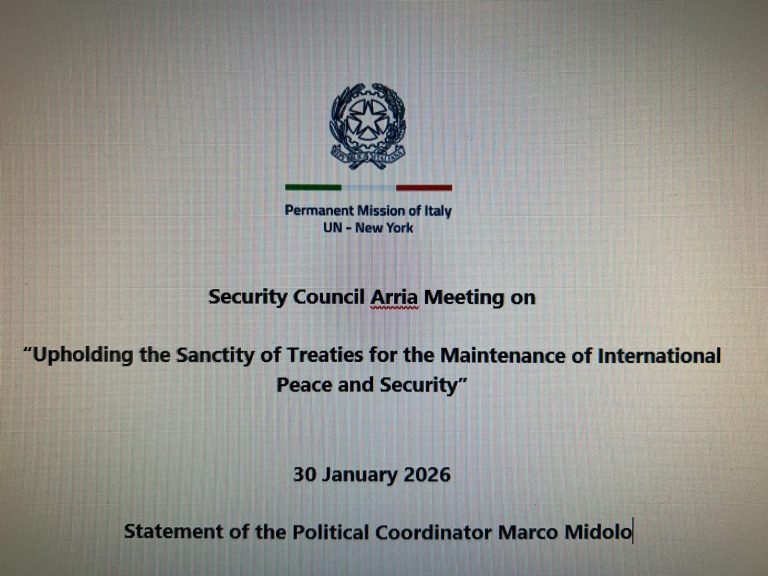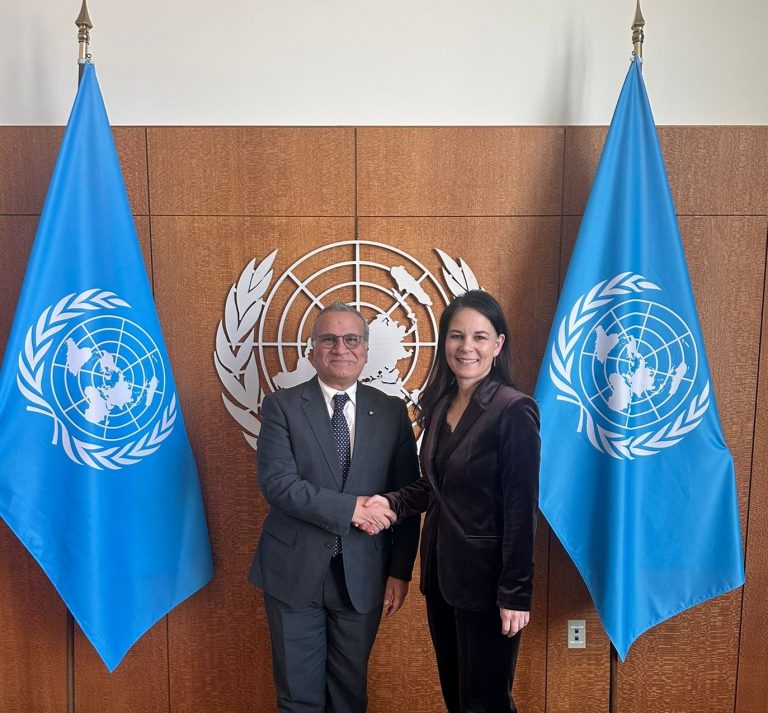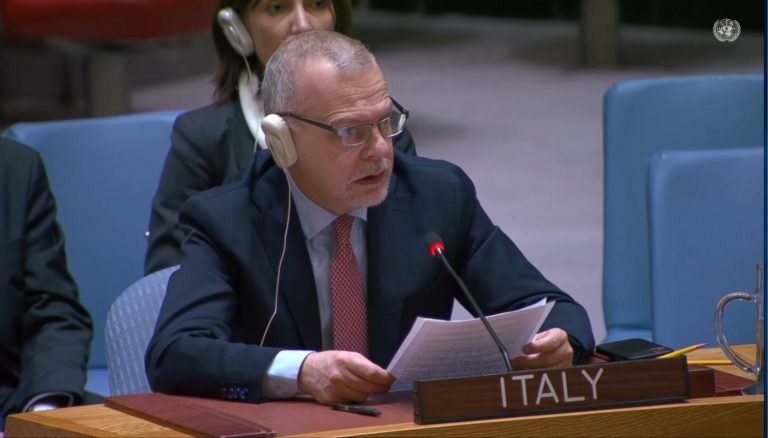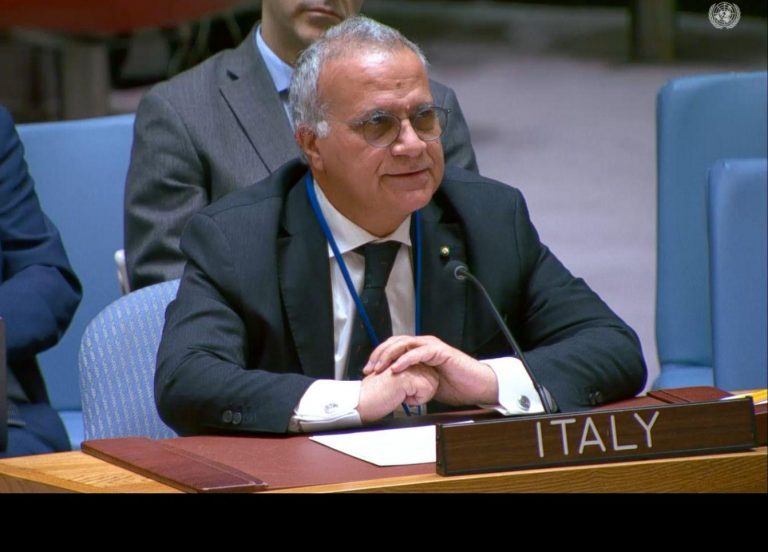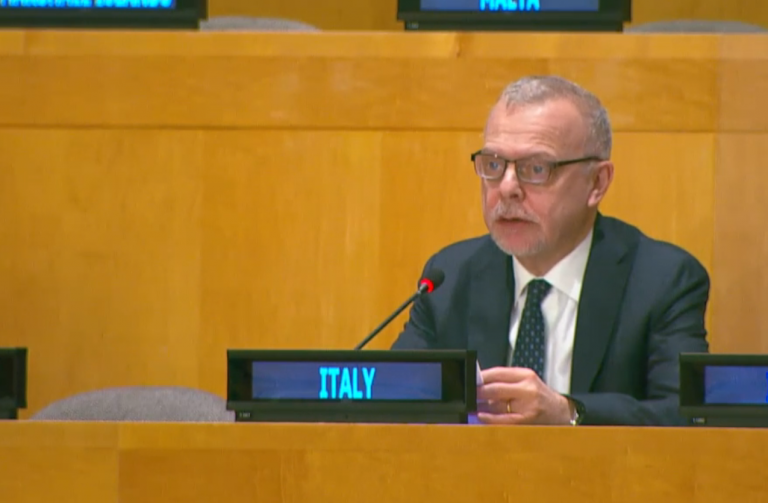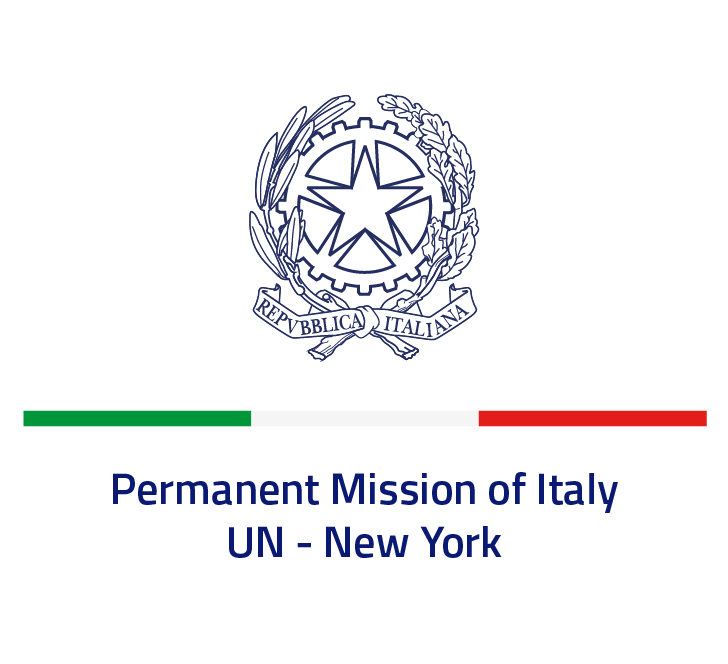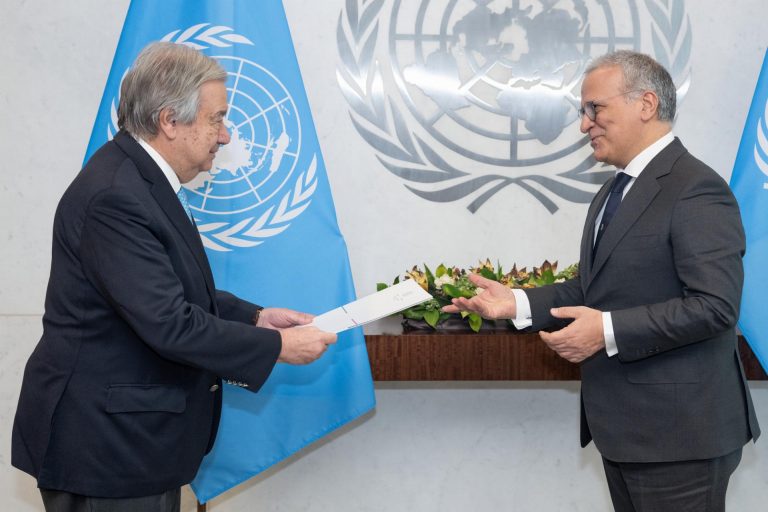UKRAINE: EVERY DAY THAT GOES BY, MORE AND MORE CHILDREN ARE EXPOSED TO THE HORRORS OF THIS WAR
Statement by UNICEF Deputy Director-General Omar Abdi at the UN Security Council meeting on maintaining peace and security in Ukraine
- In the last month alone, almost 100 children have been killed;
- As of last week, at least 15 of 89 UNICEF-supported schools in eastern Ukraine (one in six) had been damaged or destroyed since the war began;
- As of mid-March, more than 15,000 schools resumed instruction in Ukraine, mostly through hybrid remote or in-person learning options;
- An estimated 3.7 million children in Ukraine and abroad use online and distance learning options;
- Less than 5% of preschool refugee children are enrolled in public kindergarten.
May 12, 2022 – With each passing day, more and more Ukrainian children are exposed to the horrors of this war. In the last month alone, the United Nations has verified that nearly 100 children have been killed, but we believe the real numbers are much higher. Other children have been injured and have suffered serious violations of their rights, millions more have been displaced. Schools continue to be attacked and used for military purposes, and water and sanitation infrastructure is affected. The war in Ukraine, like all wars, is a crisis of children’s protection and rights.
Today in Ukraine, education is also under attack. In February, the school year stopped due to the war outbreak. As of last week, at least 15 of the 89 UNICEF-supported schools in eastern Ukraine (one in six) had been damaged or destroyed since the war began. Hundreds of schools across the country have been hit by heavy artillery, airstrikes and other explosive weapons in populated areas, while other schools have been used as information centers, shelters, supply hubs or for military purposes, with a long-term impact on children’s chances of returning to education.
These attacks must stop. All parties must respect the legal and moral obligation to protect civilians and civilian infrastructure, to respect international humanitarian law and human rights, and to ensure respect for the rights of children.
The workforce in Ukraine – teachers, principals, social workers, psychologists and other professionals – is equally affected by this conflict. It is more important than ever to support them so that they can stay and contribute.
We must also ensure creative, multifaceted and flexible solutions that combine low- and high-tech methods to reach all children and minimize disruption to their learning. As of mid-March, more than 15,000 schools resumed instruction in Ukraine, mostly through hybrid remote or in-person learning options. The Ministry of Education and Science, with the support of UNICEF and partners, is doing everything it can to reach Ukrainian children, including supporting online education from kindergarten to grade 11. We are also supporting a digital campaign on explosive ordnance risk training and providing education aid. However, distance learning can only be a temporary solution. The pandemic experience shows how important it is for children to learn in a school environment with their peers and teachers.
An estimated 3.7 million children in Ukraine and abroad use online and distance learning options. But enormous obstacles remain, including capacity and resource constraints, language barriers, and the unpredictable movements of children and their families.
We must make every effort to reach those who are at risk of being left behind. For younger children, access to education can be particularly difficult: it is estimated that less than 5% of pre-school refugee children are enrolled in public kindergarten. Children with disabilities need access to inclusive services and assistive technologies, as well as targeted programs to meet their specific needs, including rehabilitation.
Over the past month, we have seen small moments of comfort, as children and other civilians evacuated from Mariupol and other frontline locations have achieved relative safety. Humanitarian workers have reached millions of people in need across the country, providing health care, education, water and basic necessities, as well as information, counseling and psychosocial support.
However, we know that the situation for children and their families in areas affected by conflict and without access to humanitarian assistance continues to be dire. Children and parents tell us of their ‘hell on earth’, where they were forced to go hungry, drink from muddy puddles and shelter from constant shelling, dodging bombs, bullets and landmines as they fled.
Once again, as humanitarians, we will do everything we can to continue to respond to the needs of children affected by this war – to provide safety, stability and protection, but it will never be enough.
Ultimately, children need that this war ends – their future hangs in the balance.”
For the press release on the UNICEF Italy website: https://www.unicef.it/media/ucraina-ogni-giorno-che-passa-sempre-piu-bambini-sono-esposti-agli-orrori-di-questa-guerra/
For the Ukrainian emergency on the UNICEF Italy website: https://www.unicef.it/emergenze/ucraina/
For the UNICEF Emergency Appeal for 2022: https://www.datocms-assets.com/30196/1650456060-ucraina-appello-d-emergency-unicef-per-il-2022-aprile-2022.pdf
For the international portal on UNICEF emergency programs for Ukraine: https://www.unicef.org/appeals/ukraine
For the UNICEF Ukraine portal: https://www.unicef.org/ukraine/en







